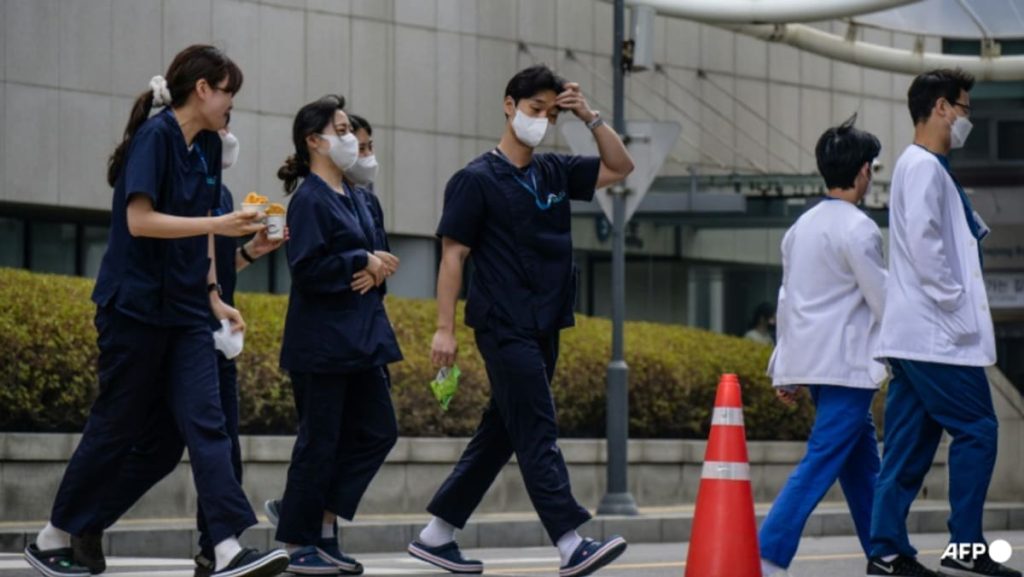Lawyer Lee Byung-cheol, representing the doctors and students, is appealing to the Supreme Court immediately against the ruling regarding proposed medical training reforms for the 2025 academic year in South Korea. He hopes for a decision before the end of the month to prevent universities from finalizing their plans for the year. Despite the ruling, he believes the case is far from over and will continue to fight for the interests of his clients.
Prime Minister Han Duck-soo expressed appreciation for the ruling, calling it wise and essential in overcoming a major hurdle in pursuing the reform. He also stated that the government will move quickly to finalize procedures related to the 2025 university admissions to avoid further confusion. The ruling has given the government confidence to proceed with their plans for reform in the healthcare sector.
Junior doctors have refused to return to their hospitals, even after the health ministry offered to scale back the proposed reforms for 2025. They demand the complete scrapping of the plan to create more doctors, despite the government’s insistence that it is necessary. Former head of the Korean Medical Association, Joo Soo-ho, expressed disappointment at the court’s decision and warned of irreversible damage to the healthcare system if the reforms continue.
The striking doctors fear that the increase in medical schools will lead to significant changes that will deteriorate the healthcare system. They argue that the role of trainee doctors, crucial in emergency procedures and surgeries, will be impacted by the reforms. Their concerns are based on the potential negative impact on the quality of healthcare services and patient outcomes.
While the reform plan has public support, with proponents arguing that it is necessary for improving healthcare access and services, the doctors continue to push back against it. Patients suffering from severe illnesses are frustrated by the doctors’ plans to appeal the ruling, as they fear further delays and disruptions in their access to medical care. Kim Sung-ju, the head of the Korean Cancer Patients Rights Council, expressed concern over the stress and anxiety caused by the prolonged judicial process.
The impact of the court’s ruling on the proposed medical training reforms in South Korea is complex and involves competing interests. While the government sees the decision as a positive step towards implementing necessary reforms, doctors and students are disappointed and continue to resist the changes. The future of the healthcare system in the country remains uncertain, with potential consequences for both healthcare providers and patients. As the legal battle continues, the outcome will shape the direction of healthcare policy and practice in South Korea.


